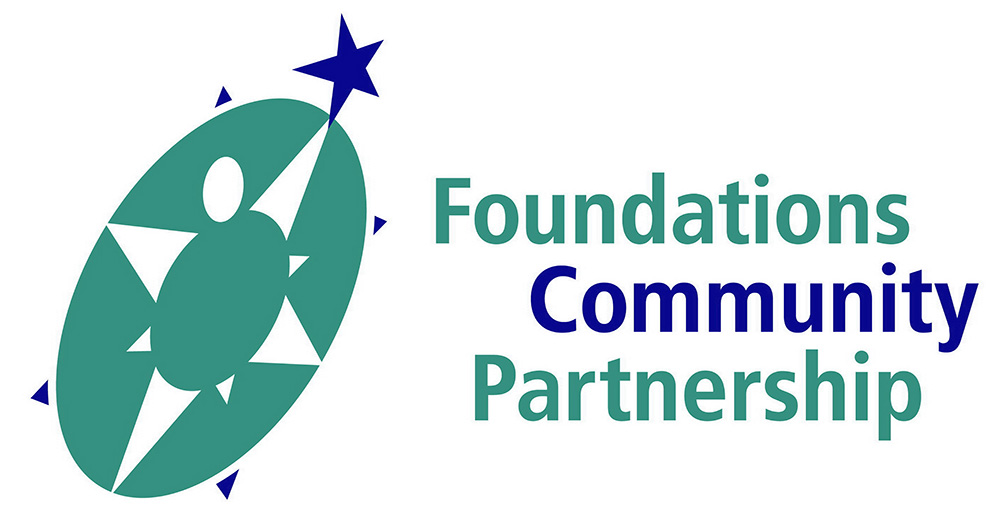FCP 2010 Fall Behavioral Health Workshops
Wednesday, November 3, 2010 – 8:30 a.m. – 12:00 p.m.
Disruptive Behavior Disorders among Youth: Diagnosis, Assessment, and Intervention Strategies
Disruptive behavior problems among youth are associated with a range of negative outcomes and are often difficult to treat. This workshop will provide an overview of the symptoms, risk factors, and correlates of disruptive behavior disorders. We will consider the roles of contextual factors in the development and maintenance of disruptive behaviors. Developmentally appropriate assessment strategies, as well as potential interventions that can incorporate assessment results in multiple settings will be covered.
Presenter: Deborah A. G. Drabick, Ph.D. is Assistant Professor of Psychology at Temple University with a joint appointment in Clinical and Developmental Psychology. She is Director of the Child Health & Behavior Study, which is designed to examine processes that may be related to externalizing problems and co-occurring psychological conditions in childhood.
Wednesday, December 1, 2010 – 8:30 a.m. – 12:00 p.m.
Early Signs of Autism Spectrum Disorder: Infants and Toddlers
In this timely presentation, Dr. Landa will present information that is needed to detect autism spectrum disorders early in life. She will describe signs of developmental disruption in infants and toddlers, and patterns related to the onset of autism. Video examples will be provided on social, communication, and behavioral characteristics of very early signs of autism.
Wednesday, December 1, 2010 – 8:30 a.m. – 12:00 p.m.
Early Signs of Autism Spectrum Disorder: Infants and Toddlers
Presenter: Rebecca Landa, Ph.D., CCC-SLP is Director of the Center for Autism and Related Disorders and the REACH research program at Kennedy Krieger Institute, and Associate Professor, Department of Psychiatry and Behavioral Sciences at Johns Hopkins University School of Medicine.
Wednesday, December 1, 2010 – 1:00 – 4:00 p.m.
Ethical and Legal Issues with Children and Adolescents in Schools and Clinical Settings
Wednesday, December 1, 2010 – 1:00 – 4:00 p.m.
Ethical and Legal Issues with Children and Adolescents in Schools and Clinical Settings
This essential workshop will address ethical issues commonly encountered in the practice of clinical and school psychology. Topics to be covered include: age of consent to treatment; mandated reporting of child abuse; confidentiality and informed consent; record keeping; culturally sensitive services to diverse clientele; and individual and group assessment. Participants are invited to discuss ethical dilemmas from their own experience.
Presenter: Linda K. Knauss, Ph.D., ABPP is an associate professor and Director of Internship Training at Widener University. She has served as a member of the Pennsylvania Psychological Association’s Ethics Committee and Co-chair of the Philadelphia Society of Clinical Psychologists’ Ethics Committee. Dr. Knauss has authored book chapters and journal articles on ethics, and has taught many workshops on a variety of ethical issues.
All workshops are held at the Health and Wellness Center, on Route 611 in Warrington PA. Please visit www.fcpartnership.org or call 267-247-5584 for more information.

I thought that today’s workshop by Dr. Drabick on ”Disruptive Behavior Disorders: Diagnosis, Assessment and Intervention Strategies” was a great start to the FCP 2010/2011 professional workshop series. Her presentation was both professional and enjoyable. The three hours went by too quickly.
Sometimes, when I see a title of a workshop related to disruptive behavior of children and youth, I think “Oh no, not another one!”. I felt enlightened by Dr. Drabick’s discussion of tried and true social learning and behavior modification models and her presentation of new research that supports these concepts. (I admit, I am biased! I was trained in Gerald Patterson’s social-learning work and ideas from the Oregon Social Learning Center parent-training model over 30 years ago. I still use these techniques in my work with children and adolescents. I appreciated the affirmation for continued use of these techniques from Dr. Drabick’s workshop today)
This is the third year that FCP has been providing the “Blog” after each of the Professional Education Workshops. In the back of my mind, I rate each workshop on several categories:
1. “Edutainment Scale” (Does the presenter have a sense of humor, and can he/she provide professional and scientific information that is useful, meaningful ,and enjoyable for the audience?)
2. “Satisfactions Scale” (Does the audience appear satisfied with the presentation? Are questions limited and relevant to the topic, and is there a sense of conclusion at the end of the workshop?)
3. “What did I Learn Scale” (Did the workshop add new knowledge or new techniques that I can use in my practice?)
4. “What’s missing Scale” (Upon reflection after the workshop, what, if anything, was left out of the presentation? Were the Learning Objectives answered?)
5. “Anything Controversial Scale” (Did the presenter say anything that might inspire argument or disagreement in the audience?)
Applying these scales, I thought that Dr. Drabick’s presentation was excellent today. She presented research and practice information to a professional audience with humor. The audience was attentive (even the very well behaved 3 month-old baby), and questions were appropriate. I thought her presentation was thorough, and unfortunately for me, she did not say anything controversial. For the most part, I felt satisfied by the workshop. I did feel a little “rushed” and would have liked more time spent on the intervention section.